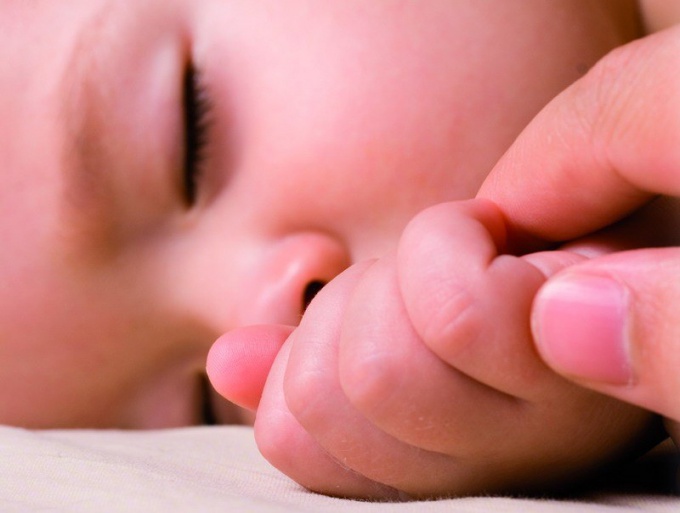Instruction
1
Divide feeding child breast and sleep if you want to continue breastfeeding.
2
Remember that the child is accustomed to falling asleep with the breast in his mouth, is eating and sleeping. These concepts are for him identical. Therefore, waking up at night one in the crib, it requires a familiar way to sleep. So the baby is not sleeping at nights and causes a lot of trouble to their parents.
3
If small (4-6 month) the child happened to fall asleep himself, not feed him at night, even if it is almost time for it. Better offer the kid a breast? after waking up, and then play with him. Try to put baby to sleep in next time during the game.
4
Deciding to teach an older child to independently fall asleep, spend more time with him during the day. Pay maximum attention and care.
5
Get day feeding used not to saturate, and to calm the child, replacing them with games, reading, walking, etc.
6
Believe in yourself and tune in to a positive result. Feeling your peace of mind, the baby will also become calmer.
7
Trust laying the child's dad or another family member. Add a new element in the ritual of laying the baby, for example, reading a book. Do not give in to the whims of a child. If you've decided that everything will work out – so be it.
8
Try to use a method called "timer". In the early days, when a child prepares to sleep, start the timer for 10 minutes. Explain that after this time, the baby needs to stop eating and go to bed. Let the chest. When the alarm rings, start to put your baby. It will be hard enough. Be gentle and patient. A few days later, start to set the alarm for 4 minutes. Add reading stories before falling asleep baby. In a few days to cancel the night feeding is not difficult.
9
Talk with older children (over 2 years). Explain to them that night milk does not happen, etc. Tell a similar story throughout the day.
Note
Be consistent in your actions and patient.
Useful advice
The child may constantly Wake up not only because of the habit. At the age of 9-15 months kids bothering toothache, regime change, i.e. the decrease in the number of day dreams.


